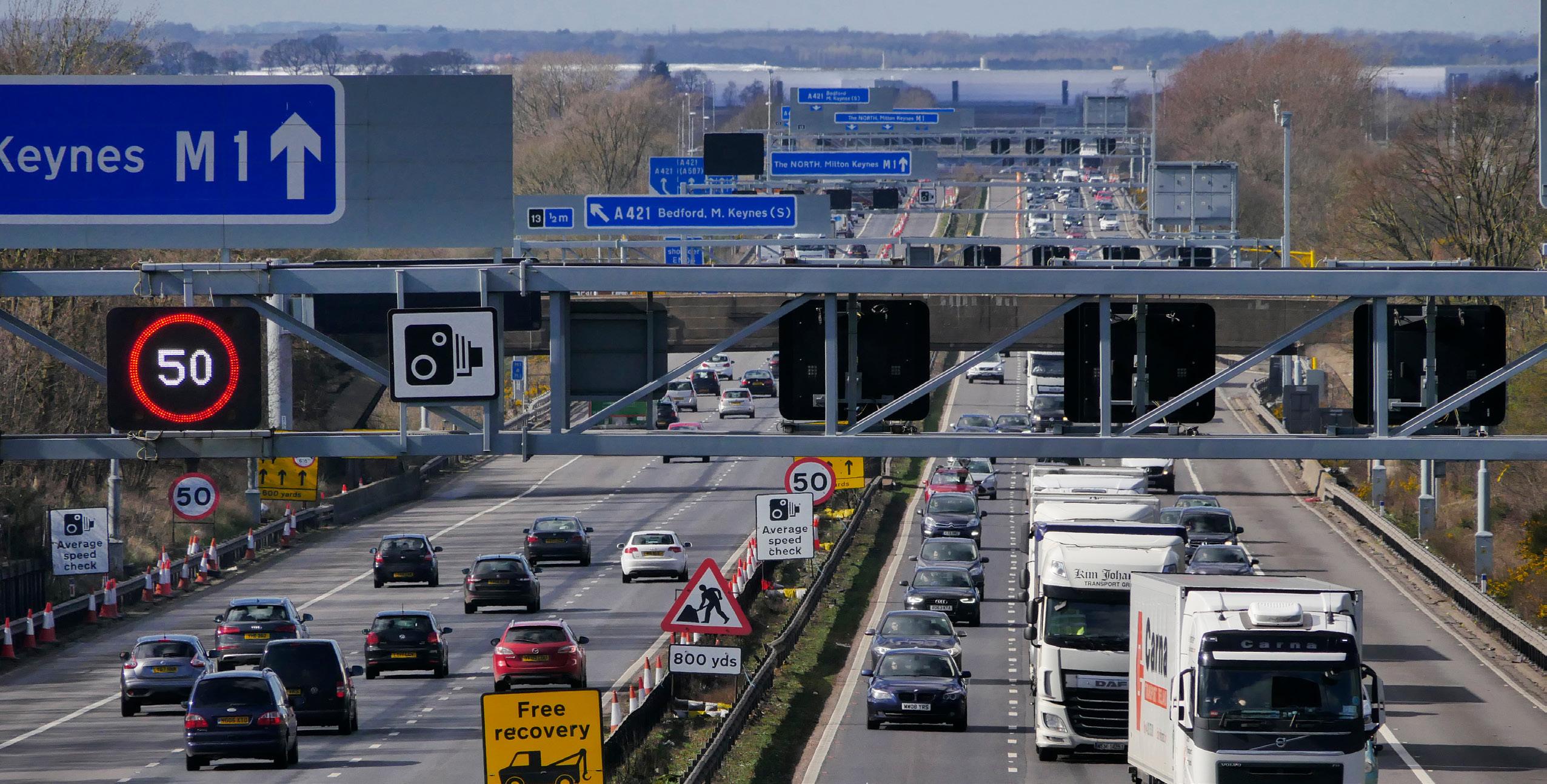
1 minute read
Scrappage of all uK smart motorways
Senura
What are smart motorways?
Advertisement
“Smart motorway” is a term used to describe motorways in the UK that use various forms of technology in the hope to aid traffic management. They can be grouped into three categories: controlled (use variable speed limits and have permanent hard shoulders), dynamic (have a hard shoulder that can be used in high traffic periods) and all lane running (have variable speed limits but there is no hard shoulder). They were first introduced by the government in 2006 in an effort to decrease congestion and increase capacity. Fast forward to the present day, and the government is being urged to scrap all existing smart motorways. This was after it was announced that all new smart motorway schemes where set to be cancelled following health and safety concerns.
Over the last 2 decades smart motorways have been criticized heavily by MP’s and prominent road safety bodies. For example: The RAC reported that half of drivers avoid using lane one on all running smart motorways, defeating the point of increased capacity. Further concerns about safety have also been raised regarding the removal of the hard shoulder which acts as a safety net for drivers. According to figures by the Commons Transport Committee, the number of deaths on the hard shoulder rose from the years 2017 to 2019. Additionally, government figures show a total of 39 deaths between 2014 and 2019. Consequently, in January 2022 the government started a review into the cost and safety of the smart motorways and paused further construction work while waiting for the results of the data. As a result, the introduction of new smart motorways in Manchester, across the Pennines, and in Greater London were delayed; since, these have been cancelled. However, following this announcement, the government and national highways stated that they will continue to invest 900 million pounds into further safety improvements as well as unveiling plans install extra emergency areas along the roads.
To conclude, constructing new smart motorways has been removed from the government’s road building plans. One can argue this is a positive implication, as initial estimations suggest that constructing future smart motorway schemes would have cost more than 1 billion pounds. Hence, cancelling these schemes will allow time to track public confidence and improve the design of smart motorways. Prime Minister Rishi Sunak stated that “All drivers deserve to have confidence in the roads they use to get around the country. That is why last year I pledged to stop the building of all new smart motorways.” Only time will tell whether this was the right decision, but for now, the public can rest assured knowing that the hard shoulder will still be a feature of the UK’s motorways.








